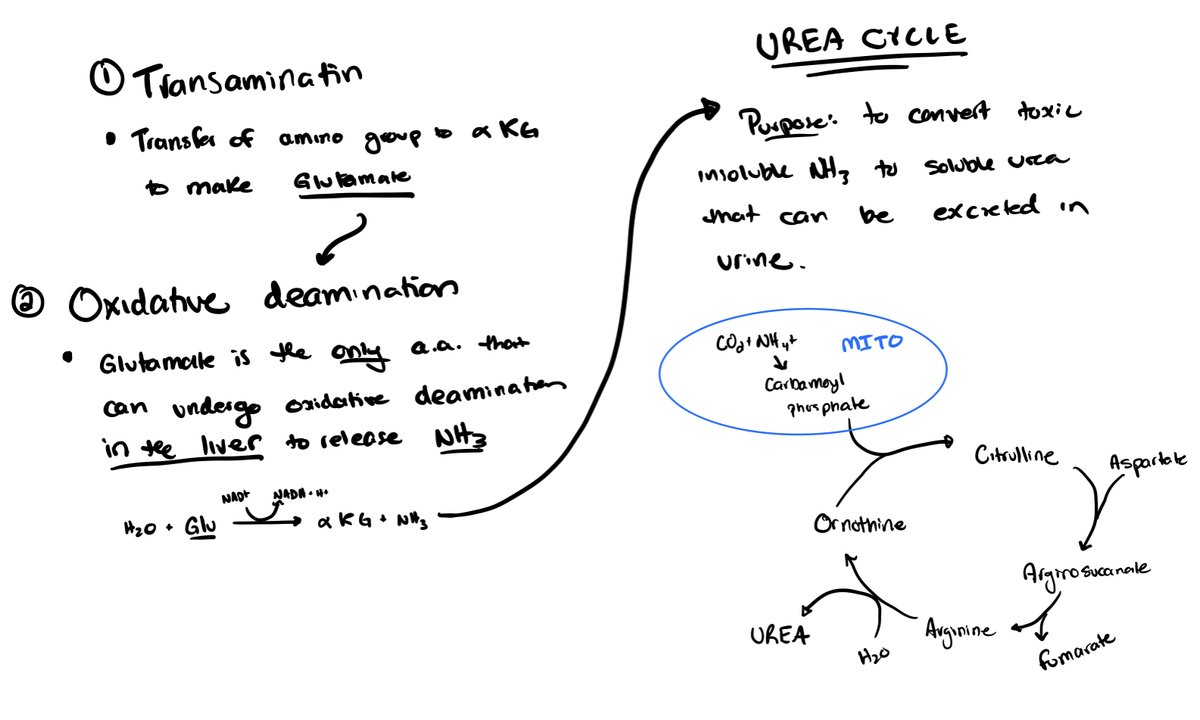
1/ As a #LMHR and close colleague of @DaveKeto I feel compelled to jump in here and clarify my own stance on LDLp and ASCVD risk because I feel that our positions are usually misrepresented by others. Here we go…
https://twitter.com/michaelmindrum/status/1462477651726282753
2/ To cut to the chase, outside the low-carb lipid triad of high LDL and High HDL and low TG, I would absolutely personally consider elevated LDLp an issue. Where I to have high LDL and atherogenic dyslipidemia I would both take an LDL lowering med and, more importantly IMO…
3/ change my lifestyle to improve the atherogenic dyslipedmia. Personally I do have concerns about longterm safety use of statins specifically and would preference Zetia/PCSK9i. But that’s besides the point. I won’t speak for @DaveKeto but for my part the LMHR phenomenon & LEM…
4/ Are about performing research at the boundary of the unknown. The fact that LMHR are “a unique subset” given their metabolic health and absence of known genetic conditions make us a perfect natural experiment for studying the independent causal role of LDL in ASCVD…
5/ In other words, LMHR could be (maybe) the exception that redefines the rule and advances our understanding of the biggest chronic disease killer (other than last year) of Americans. Intellectually speaking it’s a fascinating phenomenon that deserves to be studies. Furthermore
6/ the advancing and evolving Lipid Energy Model #LEM serves as the basis for testable hypothesis that can should and will be the topics of upcoming studies. We have much to learn and #LMHR provide that opportunity. In the end I believe study of #LMHR will majorly advance our
7/ understanding of ASCVD and lipidology and thereby save and/or improve millions of lives
And if I were to issue one call to action it would be: “let’s unite behind science and move forward learning together (respectfully)”
And if I were to issue one call to action it would be: “let’s unite behind science and move forward learning together (respectfully)”
8/ If you’d like any further clarifications on my stance, I have no problem being direct. @MichaelMindrum and anyone. Cheers and have a great thanksgiving
• • •
Missing some Tweet in this thread? You can try to
force a refresh









